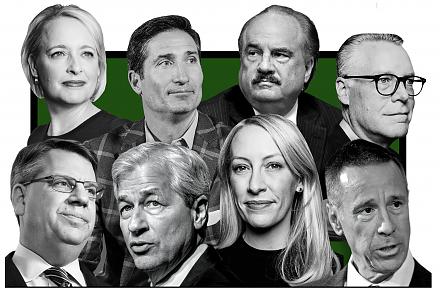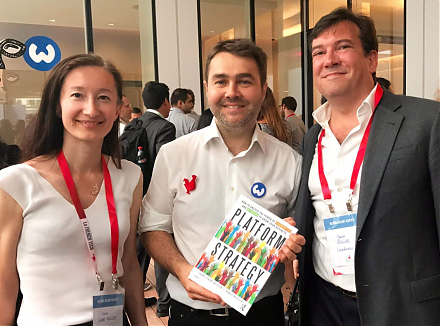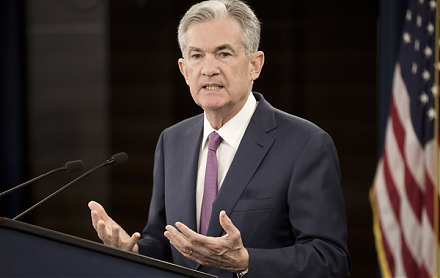

2019-04-21 10:07:54 Sun ET
federal reserve monetary policy treasury dollar employment inflation interest rate exchange rate macrofinance recession systemic risk economic growth central bank fomc greenback forward guidance euro capital global financial cycle credit cycle yield curve
Central bank independence remains important for core inflation containment in the current age of political populism. In accordance with the dual mandate of both price stability and maximum sustainable employment, most central banks seek to solve the dynamic consistency problem on the basis of a key desire to insulate monetary policy decisions from political influence.
A landmark empirical study of cross-country comparisons by Alberto Alesina and Lawrence Summers confirms that countries with better central bank independence experience lower inflation without suffering any real economic output or labor force penalty. An independent central bank can enhance fiscal discipline by reducing the relative likelihood of fiscal dominance and monetization of perennial budget deficits.
Historical experience and economic theory teach us an informative lesson. When monetary policy is subject to political control, people expect dovish expansionary interest rate adjustments and so anticipate higher wages and prices in response. The undesirable economic outcome is stagflation (or the worst-case scenario of both high inflation and high unemployment). It can cost prohibitive welfare losses for the central bank to bring down inflation with subsequent interest rate hikes. Key credible apolitical monetary policy decisions would thus promote price stability with minimal real impact on economic growth, employment, and capital investment.
If any of our AYA Analytica financial health memos (FHM), blog posts, ebooks, newsletters, and notifications etc, or any other form of online content curation, involves potential copyright concerns, please feel free to contact us at service@ayafintech.network so that we can remove relevant content in response to any such request within a reasonable time frame.
2017-04-19 17:37:00 Wednesday ET

Apple is now the world's biggest dividend payer with its $13 billion dividend payout and surpasses ExxonMobil's dividend payout record. Despite the
2021-08-01 07:26:00 Sunday ET

The Biden administration launches economic reforms in fiscal and monetary stimulus, global trade, finance, and technology. President Joe Biden proposes s
2020-05-28 15:37:00 Thursday ET

Platform enterprises leverage network effects, scale economies, and information cascades to boost exponential business growth. Laure Reillier and Benoit
2019-09-09 20:38:00 Monday ET

Harvard macrofinance professor Robert Barro sees no good reasons for the recent sudden reversal of U.S. monetary policy normalization. As Federal Reserve Ch
2026-01-31 10:31:00 Saturday ET

In recent years, several central banks conduct, assess, and discuss the core lessons, rules, and challenges from their monetary policy framework r
2021-07-07 05:22:00 Wednesday ET

What are the best online stock market investment tools? Stock trading has seen an explosion since the start of the pandemic. As people lost their jobs an